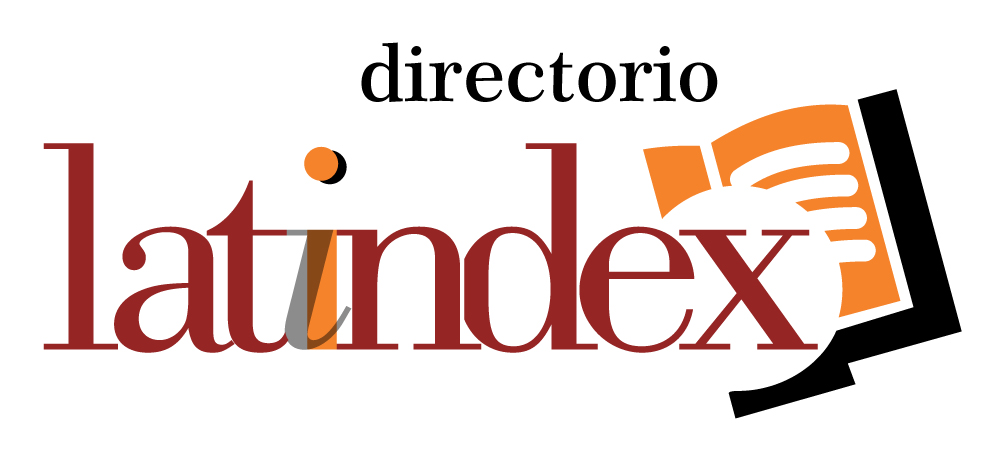Persuading without convincing
Remarks on the Legislator's language in The social contract
Keywords:
Rousseau, Language, Legislator, Persuasion, ConvincementAbstract
The present paper intends to clarify the conceptual distinction between persuading (persuader) and convincing (convaincre) brought forth by Rousseau, among other passages, in the chapter of The social contract dedicated to the Legislator, in which is said that the latter should “win over without violence and persuade without convincing”. It is our contention that in order to do so we must turn to the Essay on the origin of languages, where persuasion and convincement are reported, respectively, to two different forms of language: the first predominantly accentuated and passionate (hence its capacity to lead to action), the second marked by its clarity and designative precision (a reflected language directed to the audience’s reason). In casting light to the aforementioned opposition, we hope to provide some supports to the comprehension of the nature of the language of Rousseau’s Legislator, as well as to the effects aimed by this language.
Downloads
References
CHAUÍ, Marilena de Souza. Do tácito ao expresso: o lugar do escritor político (Prefácio). In: FORTES, Luiz Roberto Salinas. Rousseau: da teoria à prática. São Paulo: Ática, 1976, p. 11-24.
DERRIDA, Jacques. Gramatologia. Trad. Miriam Schnaiderman e Renato Janine Ribeiro. São Paulo: Perspectiva, 2006.
FORTES, Luiz Roberto Salinas. Rousseau: da teoria à prática. São Paulo: Ática, 1976.
KELLY, Christopher. “To persuade without convincing": the language of Rousseau’s Legislator. American journal of political science, v. 31, n. 2, 1987. https://doi.org/10.2307/2111079.
KINTZLER, Catherine. Musique, voix, interiorité et subjectivité: Rousseau et les paradoxes de l’espace. In: DAUPHIN, Claude. (org.). Musique et langage chez Rousseau. Oxford: Voltaire Foundation, 2004, p. 3-19. (Studies on Voltaire and the eighteenth century)
PERELMAN, Chaïm; OLBRECHTS-TYTECA, Lucie. Tratado da argumentação: a nova retórica. Trad. Maria Ermantina De Almeida Pedro Galvão. São Paulo: Martins Fontes, 2005.
PRADO JR., Bento. A retórica de Rousseau e outros ensaios. São Paulo: Cosac Naify, 2008.
ROUSSEAU, Jean-Jacques. Dictionnaire de musique. In: ROUSSEAU, Jean-Jacques. Oeuvres complètes. Vol. 5. Ed. Bernard Gagnebin e Marcel Raymond. Paris: Gallimard, 1995b.
ROUSSEAU, Jean-Jacques. Discours sur l’origine et les fondements de l’inégalité parmi les hommes. In: ROUSSEAU, Jean-Jacques. Oeuvres complètes. Vol. 3. Ed. Bernard Gagnebin e Marcel Raymond. Paris: Gallimard, 1964b.
ROUSSEAU, Jean-Jacques. Du contract social, ou Principes du droit politiques. In: ROUSSEAU, Jean-Jacques. Oeuvres complètes. Vol. 3. Ed. Bernard Gagnebin e Marcel Raymond. Paris: Gallimard, 1964a.
ROUSSEAU, Jean-Jacques. Émile, ou De l’éducation. In: ROUSSEAU, Jean-Jacques. Oeuvres complètes. Vol. 4. Ed. Bernard Gagnebin e Marcel Raymond. Paris: Gallimard, 1969.
ROUSSEAU, Jean-Jacques. Essai sur l’origine des langues. In: ROUSSEAU, Jean-Jacques. Oeuvres complètes. Vol. 5. Ed. Bernard Gagnebin e Marcel Raymond. Paris: Gallimard, 1995a.
STAROBINSKI, Jean. Jean-Jacques Rousseau: a transparência e o obstáculo, seguido de sete ensaios sobre Rousseau. Trad. Maria Lúcia Machado. São Paulo: Cia. das letras, 1991.
Downloads
Published
How to Cite
Issue
Section
License
Copyright (c) 2014 Lucas Mello Carvalho Ribeiro

This work is licensed under a Creative Commons Attribution-NonCommercial-NoDerivatives 4.0 International License.









